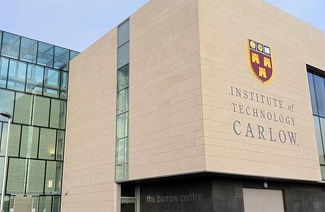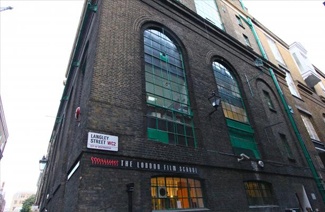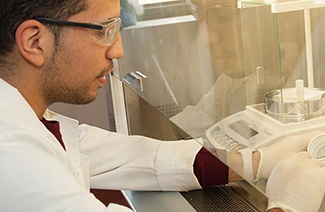雅思口语话题关于学习的素材总结!目前考取雅思的人大部分是学生身份,下面小编为大家带来了雅思口语话题关于学习的素材总结内容,考生可以结合自己的实际情况进行修改和完善,方便自己答题使用。
Study
1. Do you work or study?
· I’m currently a student at Queen’s University, Belfast.
2. What do you study?
· I study law because it’s a really well thought of degree and I’m hoping to pursue it as a career in the future.
3. Is it a popular subject at your university?
· Very popular, in fact it’s one of the most sought after courses. I think there are about 350 people reading law at Queen’s. I think lots of student’s parents want them to study law so they can get a good job after they graduate.
4. Do you enjoy studying it?
· It’s such a huge subject that there will always be parts you like and parts you don’t like. I find Human Rights fascinating because it can really make a difference to peoples’ lives. On the other hand, modules like Land Law and Equity are really boring.
5. Do you get along with your classmates?
· Yes, they are all really great. Most people like to socialise together in the evenings and this makes us a very tight group. If you know someone socially, it is much easier to work together in class.
6. If you could change to another subject, what would it be?
· I planned to study medicine, but then when I went on work experience I fainted at the first sight of blood, so definitely not that. I’m a real history buff and read books about World War 2 all the time, so I suppose it would have to be Modern History.
7. Do you plan to use the subject you are studying in the future?
· Yes, I’ve already started to apply for jobs as a lawyer. We normally have to secure a job a year before we graduate and then work very hard to get a high overall mark. After that, I will probably do a Masters in law to become a specialist in one particular area.
8. What is the most difficult part of your subject?
· You have to remember lots of legislation and cases and not only remember their names, but also how the affect each part of the law and how they interact with each other. Physically it can also be exhausting because we have to read very dense texts for a few hours every day.
9. What would like to study in the future?
· As I said before, my favourite type of law is Human Rights, so I would like to do a masters in International Human Rights Law. it’s right at the cutting edge of my field and there are also lots of very high profile cases in the media, so it’s really exciting and something I would like to become an expert in.
10. Why did you choose your university?
· Mostly because it is close to my hometown and most of my friends were going there. I kind of regret it now. It’s a great university, but because it’s so close to home it doesn’t give you much of a chance to experience new things and meet new people. If I were to choose again, I’d study abroad.
study 学习:
Are you studying English at a school?
Michel: Yes … I’m taking an intensive course at a local private language school … I attend classes three times a week …
Would you say you are a good student?
Susan: I’m OK I think … I’m pretty good at meeting deadlines and I’m keeping up with my studies … plus I find it quite easy to learn things by heart which is useful when learning a language …
When you were younger did you enjoy your time at school?
Theo: Yes … I liked school … it was an ordinary state school … nothing special … a single-sex school … which I’m not sure I liked … but the teachers were great … I had lots of friends and I never played truant like some pupils there …
to attend classes: to go to classes
bachelors degree: an undergraduate course which usually lasts 3-4 years
boarding school: a school where pupils live during term time
distance learning: a way of studying where tuition is carried out over the Internet or by post
face-to-face classes: as opposed to distance learning the traditional way of studying in a classroom with colleagues and a teacher
to fall behind with your studies: to progress less quickly than others
to give feedback: to offer guidance on a student’s work
a graduation ceremony: an event where a successful student receives his or her academic degree
higher education: education, usually in a college or university, that is followed after high school or secondary school
an intensive course: a course that offers lots of training in order to reach a goal in as short a time as possible
to keep up with your studies: to not fall behind
to learn something by heart: to memorize it
a mature student: a student who is older than average and who has usually returned to education after a period at work
masters degree: a period of study which often follows the completion of a bachelors degree or is undertaken by someone regarded as capable of a higher-level academic course
to meet a deadline: to finish a job or task in the time allowed or agreed
to play truant: to stay away from classes without permission
private language school: an independent school run as a business concern
public schools: exclusive independent schools in the UK
a single-sex school: a school where only boys or girls attend (as opposed to a mixed-sex school)
to sit an exam: to take an exam
以上是小编为大家带来的雅思口语话题关于学习的素材总结内容,希望大家在雅思口语备考中多总结多运用,熟练掌握雅思口语话题及语料知识。

















